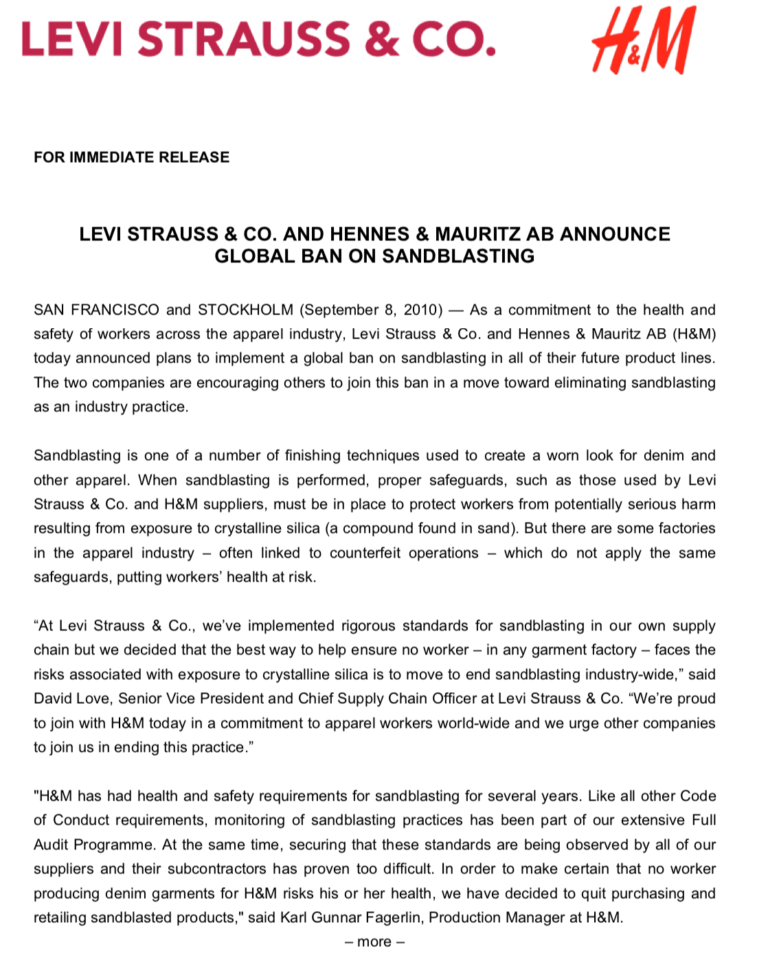Lived Realities of Sustained Liberation for Survivors of Trafficking in Addis Ababa, Ethiopia
News & AnalysisPublicationsMany women and girls in Ethiopia work as domestic workers in urban cities as well as abroad, particularly in the Middle East. The conditions faced by women and girls in domestic work are well documented (see Freedom Fund 2019 and Tayah & Atnafu ...Read More

